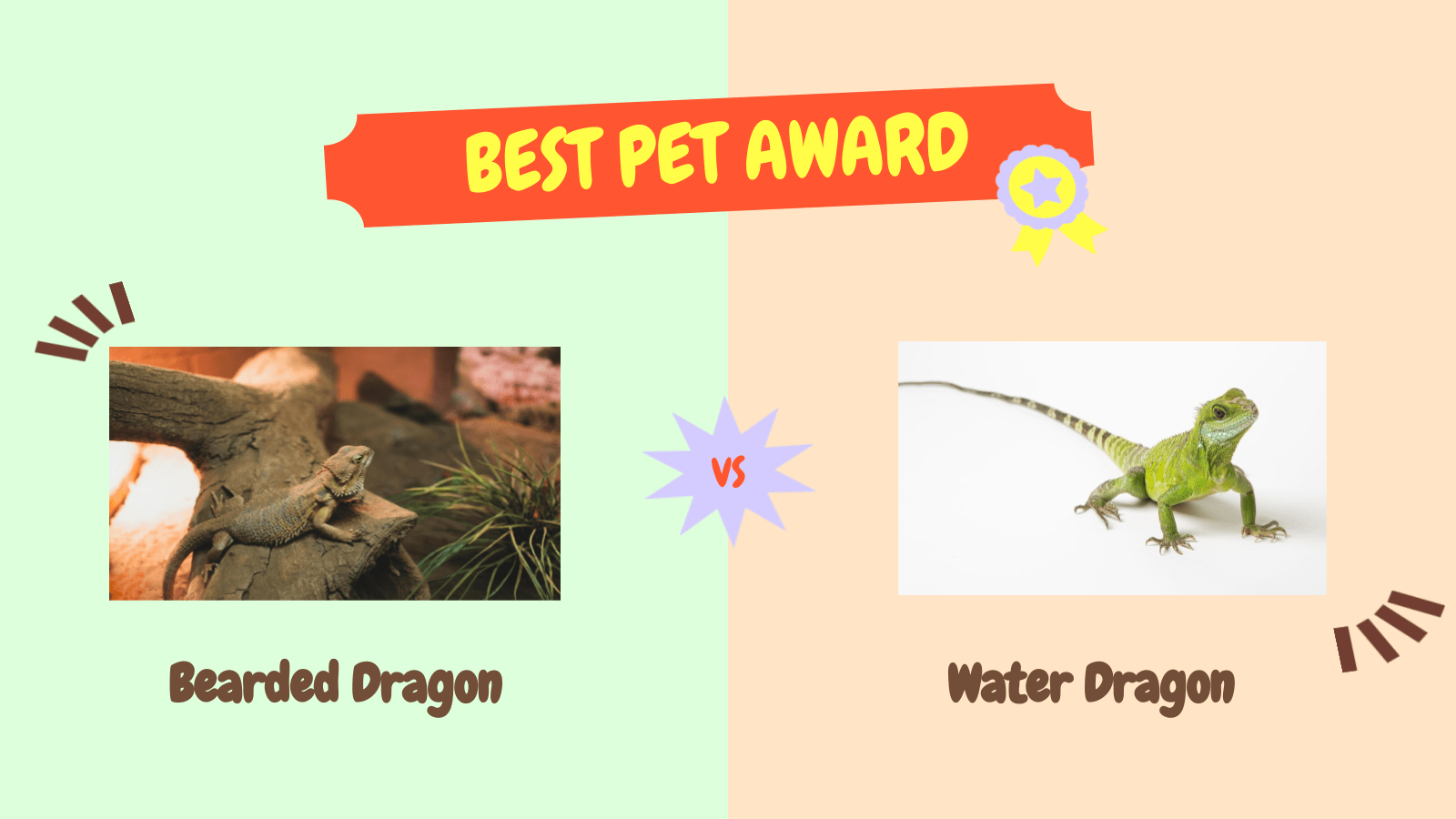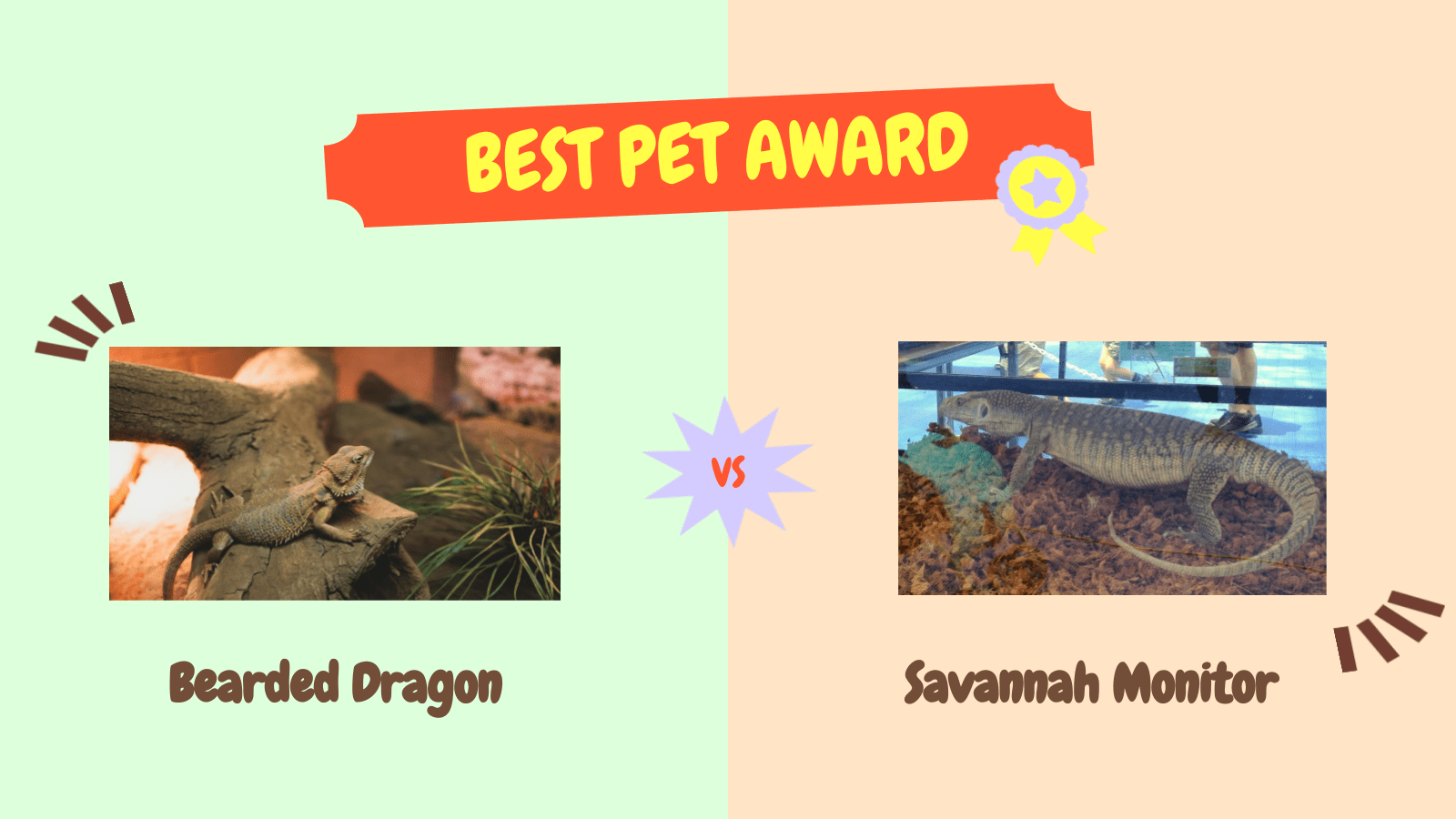Ever wondered why your bearded dragon has liquid stools? It’s not something you’d expect, right? Well, fear not, it’s a common question among pet owners.
This isn’t necessarily cause for alarm. Various factors can contribute to this occurrence.
We’ll delve into the reasons, and offer some helpful advice to assist you in ensuring your pet’s health.
5 Explanations for Your Bearded Dragon Excreting Liquid Stools
- Improper Diet: If your bearded dragon’s diet is rich in fruits and watery vegetables, they may produce liquid stools. It’s important to balance their diet with a mix of insects, vegetables, and a moderate amount of fruits.
- Parasitic Infection: Parasites can also cause your pet to have liquid stools. Regular vet check-ups and maintaining a clean habitat can help prevent these infections.
- Stress: Stressful situations can disrupt your bearded dragon’s digestion, leading to loose stools. Keep their environment calm and consistent, avoiding sudden changes in temperature or habitat.
- Dehydration: Unlike humans, bearded dragons excrete excess water through their feces when dehydrated. Always ensure they have access to fresh water and monitor their hydration state.
- Health Conditions: Certain illnesses, like metabolic bone disease, can impact your bearded dragon’s digestive system. Regular vet visits can help detect and treat these conditions early.
Proactively Managing Your Bearded Dragon’s Liquid Stools
It’s crucial to keep a keen eye on your bearded dragon’s health. If you’ve noticed frequent liquid stools, it’s time to take proactive steps to manage them. First, consider its diet. A balanced diet rich in nutrition helps ensure healthier digestion. Include high-quality insects, fresh fruits, and vegetables, but avoid overfeeding. It’s all about balance.
Hydration also plays a vital role. Ensure your pet always has access to fresh, clean water. Along with this, regulate the temperature and humidity within their terrarium. An adequate environment can have a significant effect on digestion.
Sometimes, the cause might be outside your control, like a parasitic infection. In such cases, it’s crucial to consult a vet. Don’t forget, regular vet checks can help prevent such situations before they occur.
Remember, taking a proactive role in your bearded dragon’s health can make all the difference. With timely action, you can help your pet lead a healthier, happier life.
To further extend your knowledge about bearded dragons, here are a few more to explore:
- Why Is My Bearded Dragon Digging in the Sand?
- Why Does Bath-Time Trigger Pooping in My Bearded Dragon?
- Why Is My Bearded Dragon Losing His Vibrant Color?
Each post offers in-depth insights, giving you all the details you need to take good care of your beardie.
Remember to research and prepare for your pet’s specific needs, and you’ll have a happy and healthy companion for years to come.
Happy pet-keeping!


